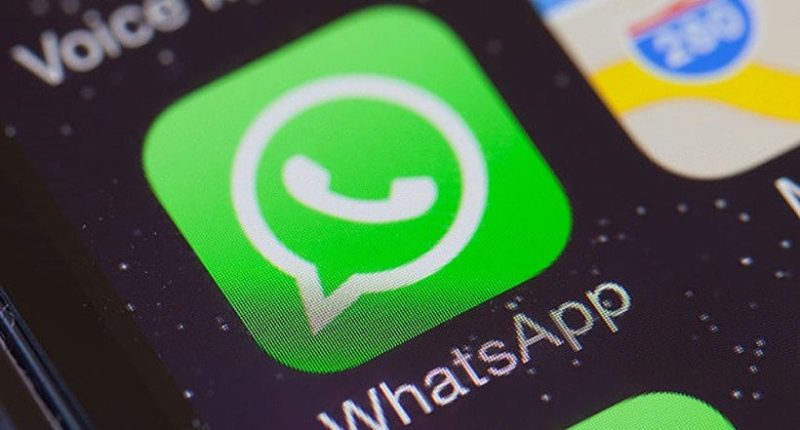The tax zone in Thane, Maharashtra has allowed all demand notices related to indirect taxes, including the Goods and Services Tax (GST) to be heard virtually through WhatsApp.
The tax authorities in Thane said they would continue with video conferencing (VC) tools available in the open market until the government provides a more secure and convenient alternative. The decision was taken by the authorities to maintain social distance while hearing such matters.
In a notice issued on 18th May 2020, the Thane tax authority had also elaborated that WhatsApp is an appropriate mode of VC due to its end-to-end encryption and reachability.
It is also in line with the guidelines issued in April 2020 by the Central Board of Indirect Taxes and Customs (CBIC). The instructions had allowed field offices to conduct customs, excise and service tax appeals through video conferencing. But, both the appellant and the respondent must consent to VC and also provide the WhatsApp number. The authority after confirmation would notify the date and time of the hearing, confirming at least one day in advance.
Also Read: LinkedIn Launches Virtual Events to Keep Online Communities Connected
On the hearing date, the appellant or respondent will also have to establish their presence by sending a message on the WhatsApp number, at least 15 minutes before the specified time. The authorities will also respond via WhatsApp to send personal hearing memos in PDF form on concluding the hearings. This memo must be signed by the respondents concerned and forwarded to the authority within 15 minutes of receipt of the same on WhatsApp number.
WhatsApp’s payments have more than 400 million users in India at present, doubling its user base from 200 million recorded in 2017. The instant messaging app has over 2 billion users worldwide, with India being its biggest market. Interestingly, internet users in India are 504 million. WhatsApp was also introduced into the frameworks of the Indian government because of its reach. Accordingly, it provided a more effective and easier entry into digital services.
Even the Income Tax Appellate Tribunal (ITAT) of Mumbai benches had decided to take up urgent matters for the hearings through video conferencing on Skype and WhatsApp, on an experimental basis. The ITAT should have the judges, bench and representatives of the parties on a web-based video conference call for those matters to be heard on an agreed date and time.
Even when COVID-19 cases are growing amidst a nationwide lockdown, India’s Supreme Court has also taken the virtual approach for urgent proceedings through video conferencing apps, including WhatsApp. But one of its benches recently expressed that it is difficult to deal with matters through the virtual courtroom while hearing a case on a WhatsApp call. The bench consisted of Justices Indu Malhotra and Aniruddha Bose and was headed by Justice R. Banumathi.
Meanwhile, the Center for Telematics Development (C-DoT) is developing a “free” video conference platform for the government, judiciary and public officials to reduce their dependence on overseas platforms such as Zoom, Microsoft and Google.
For any clarifications/feedback on the topic, please contact the writer at annapoorna.m@cleartax.in
Annapoorna, popularly known as Anna, is an aspiring Chartered Accountant with a flair for GST. She spends most of her day Singing hymns to the tune of jee-es-tee! Well, not most of her day, just now and then.





